The concept of Vaastu Shastra, an ancient Indian science of architecture and design, emphasizes the importance of harmonizing our living spaces with the natural elements. One of the key aspects of Vaastu is the use of plants to create a positive and balanced environment within our homes. In this article, we will explore 10 Vaastu plants that not only add a touch of greenery to your living space but also bring numerous benefits to your physical and mental well-being.
Benefits of Vaastu Plants:
Vaastu plants are believed to attract positive energy and enhance the flow of vitality throughout your home. Here are some of the key benefits associated with these plants:
- Improved Air Quality: Many Vaastu plants are excellent air purifiers. They absorb pollutants and release oxygen, ensuring you breathe fresh, clean air.
- Stress Reduction: The presence of greenery can reduce stress levels and promote a sense of calm and well-being.
- Enhanced Creativity: Vaastu plants are thought to stimulate creativity and productivity, making them ideal for home offices or study areas.
- Better Sleep: Some plants release oxygen at night, which can improve the quality of your sleep.
- Positive Vibes: These plants are believed to radiate positive energy, creating a more harmonious atmosphere in your home.
Best 10 Vaastu Plants:
Now, let’s explore the 10 Vaastu plants that you can consider incorporating into your home:
Tulsi (Holy Basil)
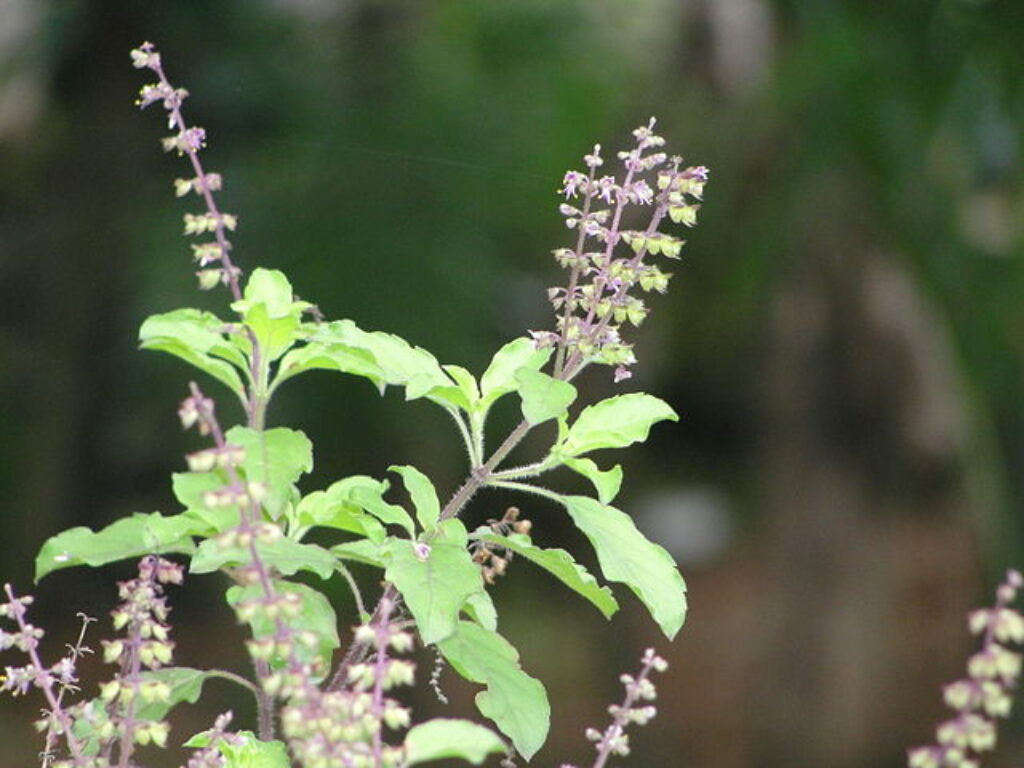
Tulsi, also known as Holy Basil, is a sacred plant in Hinduism and is believed to have several spiritual and health benefits. In Vastu Shastra, an ancient Indian system of architecture and design, certain plants are considered auspicious and are believed to bring positive energy into a space. Tulsi is one such plant that holds significance in Vastu. According to Vastu Shastra, placing a Tulsi plant in and around your home is believed to bring positivity, prosperity, and harmony to the environment.
Money Plant (Epipremnum aureum):
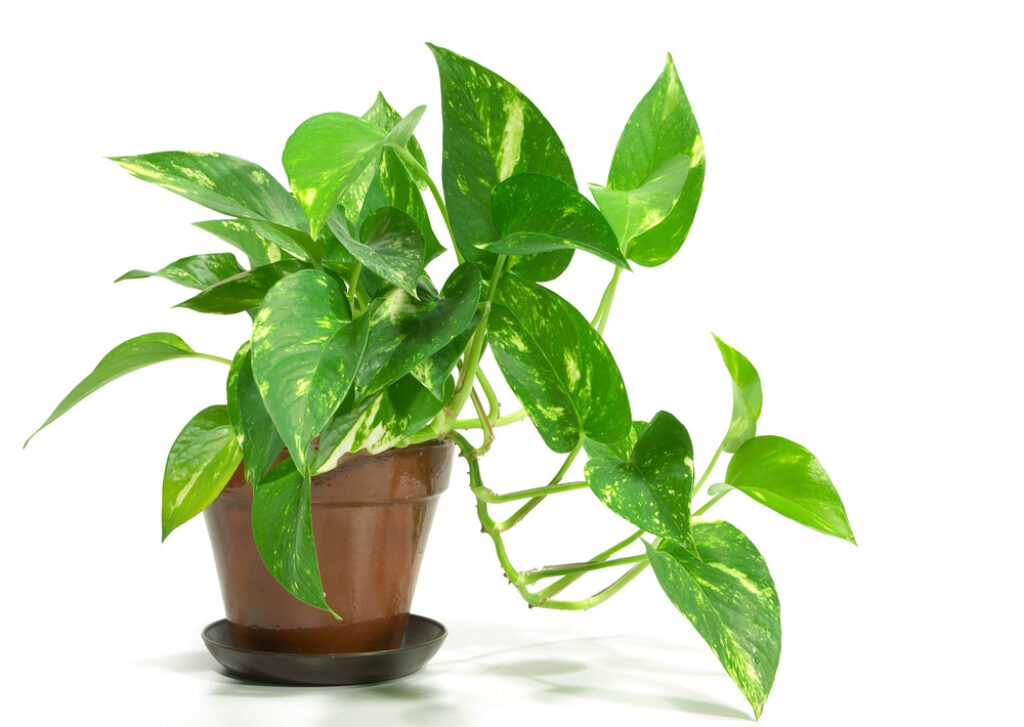
The Money Plant, scientifically known as Epipremnum aureum or commonly referred to as the Devil’s Ivy, is a popular indoor plant known for its air-purifying qualities and ease of care. In Vastu Shastra, the Money Plant is believed to bring positive energy and prosperity to the household. This popular indoor plant is associated with financial prosperity and growth.
Lucky Bamboo (Dracaena sanderiana):
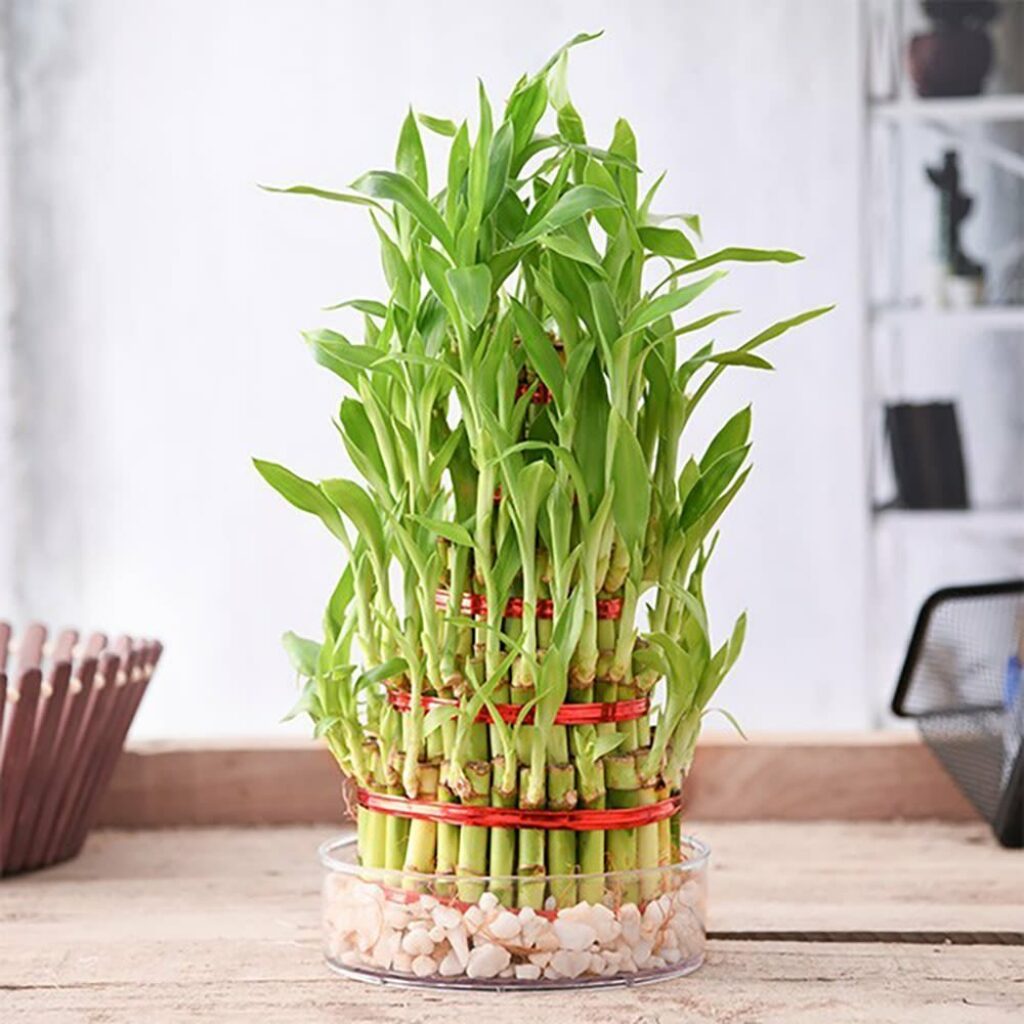
Lucky Bamboo, scientifically known as Dracaena sanderiana, is a popular plant often associated with Feng Shui, the Chinese system of harmonizing individuals with their environment. While Lucky Bamboo has its roots in Feng Shui, it is also sometimes considered favorable in Vastu Shastra, the Indian system of architecture and design. Lucky Bamboo is known to bring luck and fortune, making it a common choice for homes and offices.
Aloe Vera:
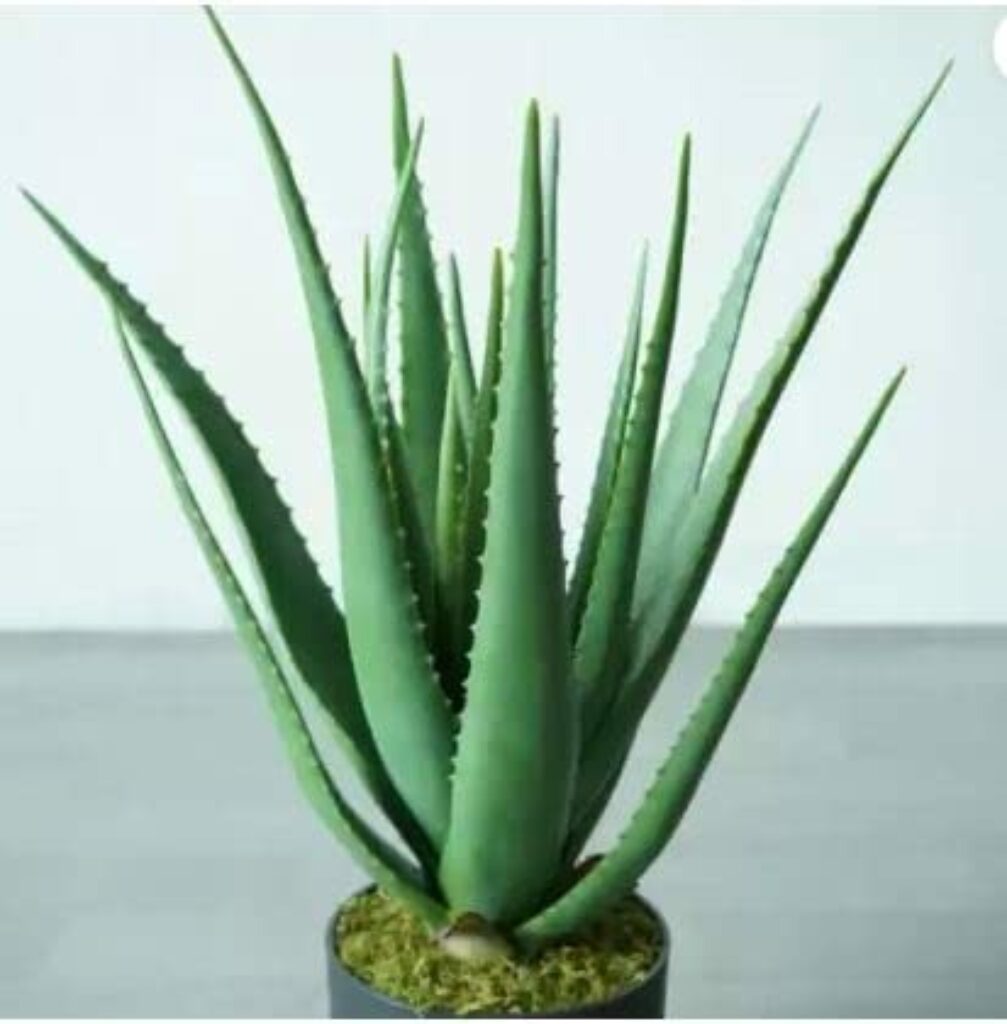
Aloe Vera is a popular succulent plant known for its various health and skin benefits. In Vastu Shastra, Aloe Vera is not traditionally considered as significant as some other plants like Tulsi or Money Plant. Aloe Vera is not typically associated with specific directions in Vastu. However, you can consider placing it in areas that receive indirect sunlight, as succulents like Aloe Vera thrive in such conditions. Aloe Vera not only purifies the air but is also associated with healing properties and positive energy.
Snake Plant (Sansevieria):
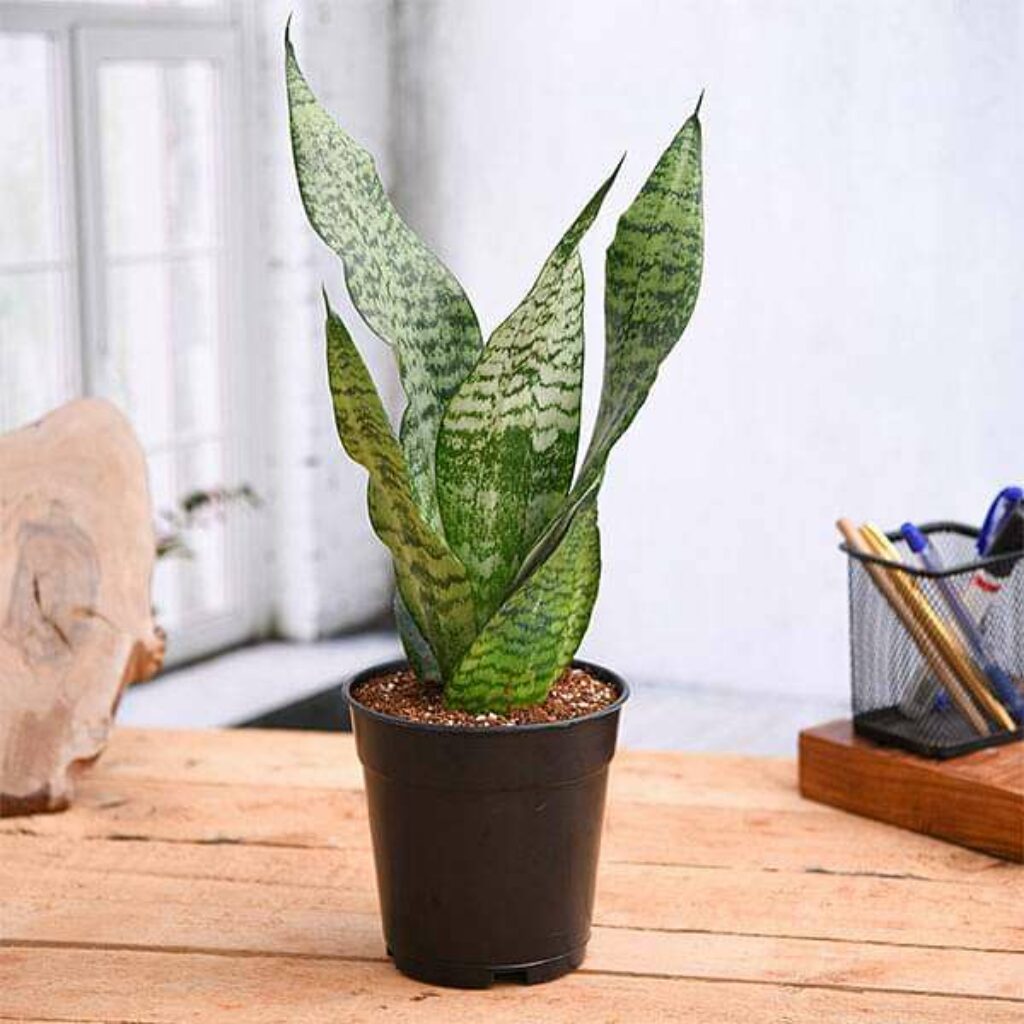
Snake Plant, scientifically known as Sansevieria, is a popular indoor plant known for its air-purifying qualities and low maintenance requirements. In Vastu Shastra, Snake Plant is considered favorable due to its ability to cleanse the air and its aesthetic appeal. Snake Plant is often recommended to be placed in the North-East, East, or South-East directions according to Vastu. These directions are associated with positive energies and growth.
Peace Lily (Spathiphyllum):
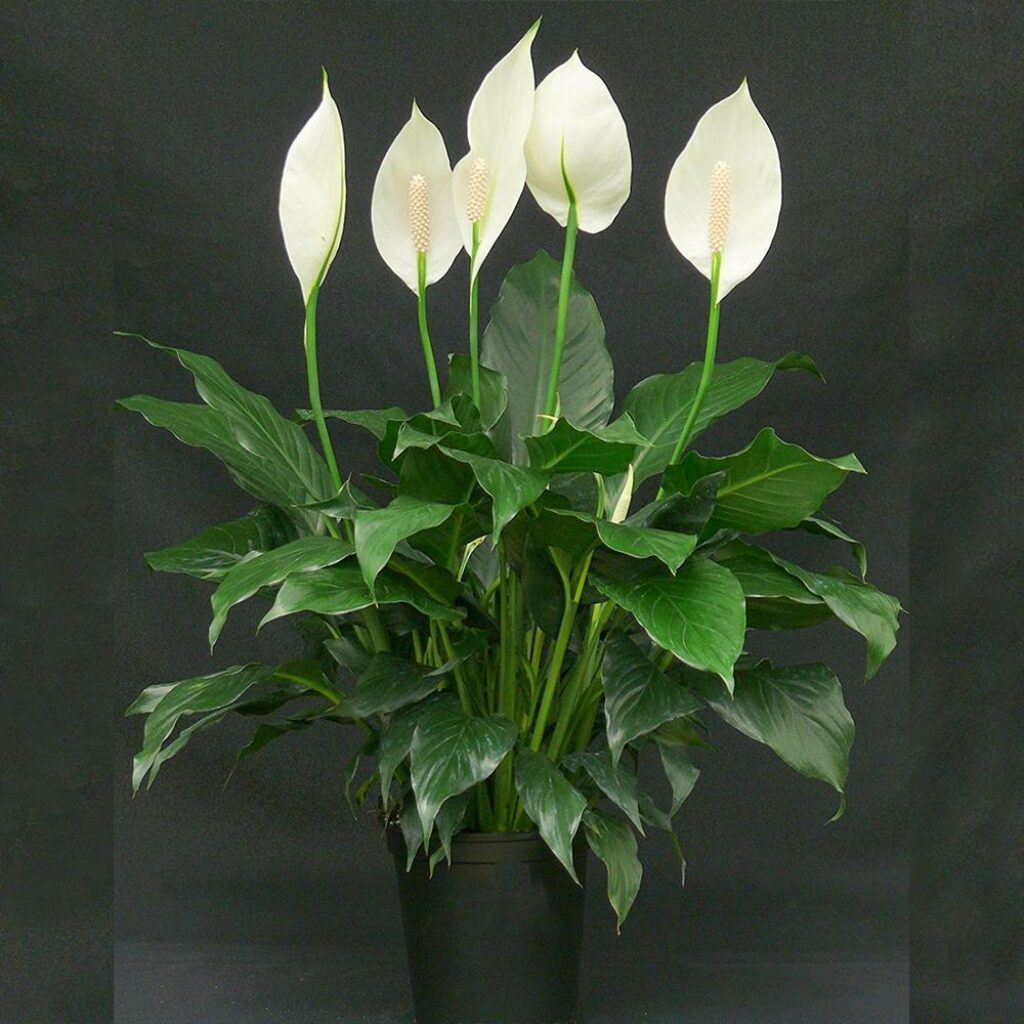
Peace Lily, scientifically known as Spathiphyllum, is a popular indoor plant known for its elegant white flowers and air-purifying qualities. In Vastu Shastra, Peace Lily is believed to bring a sense of tranquility and harmony to the living space. Peace Lily is often recommended to be placed in the North, East, or North-East directions according to Vastu. These directions are associated with positive energies and growth.
Basil (Ocimum basilicum):

asil, scientifically known as Ocimum basilicum, is a fragrant and flavorful herb commonly used in cooking and known for its various health benefits. In Vastu Shastra, Basil is often associated with positive energy and is considered auspicious. asil is often recommended to be placed in the North, North-East, or East directions according to Vastu. These directions are associated with positive energies, growth, and new beginnings.
Areca Palm (Dypsis lutescens):
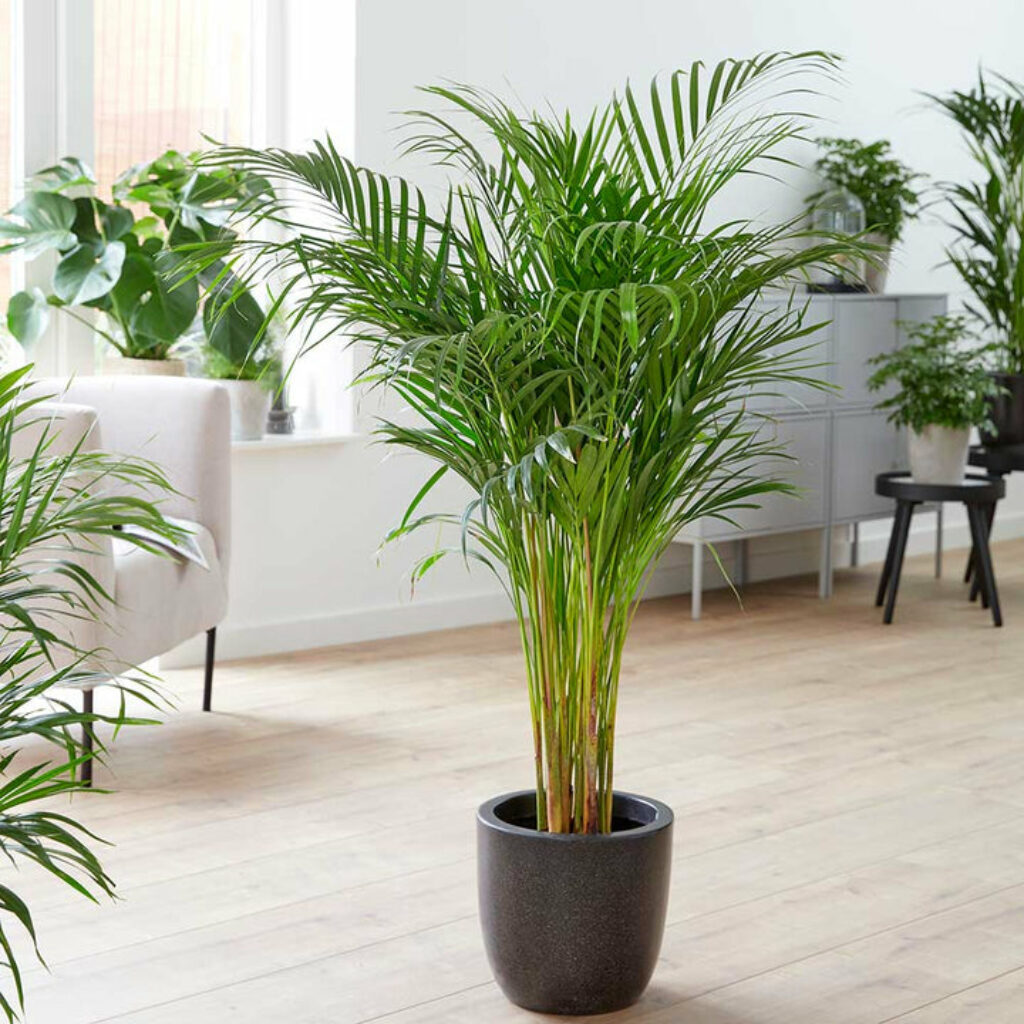
Areca Palm, scientifically known as Dypsis lutescens or commonly referred to as the Butterfly Palm, is a popular indoor plant known for its graceful appearance and air-purifying qualities. In Vastu Shastra, Areca Palm is considered to bring positive energy and is often recommended for creating a harmonious living space.
Jasmine:
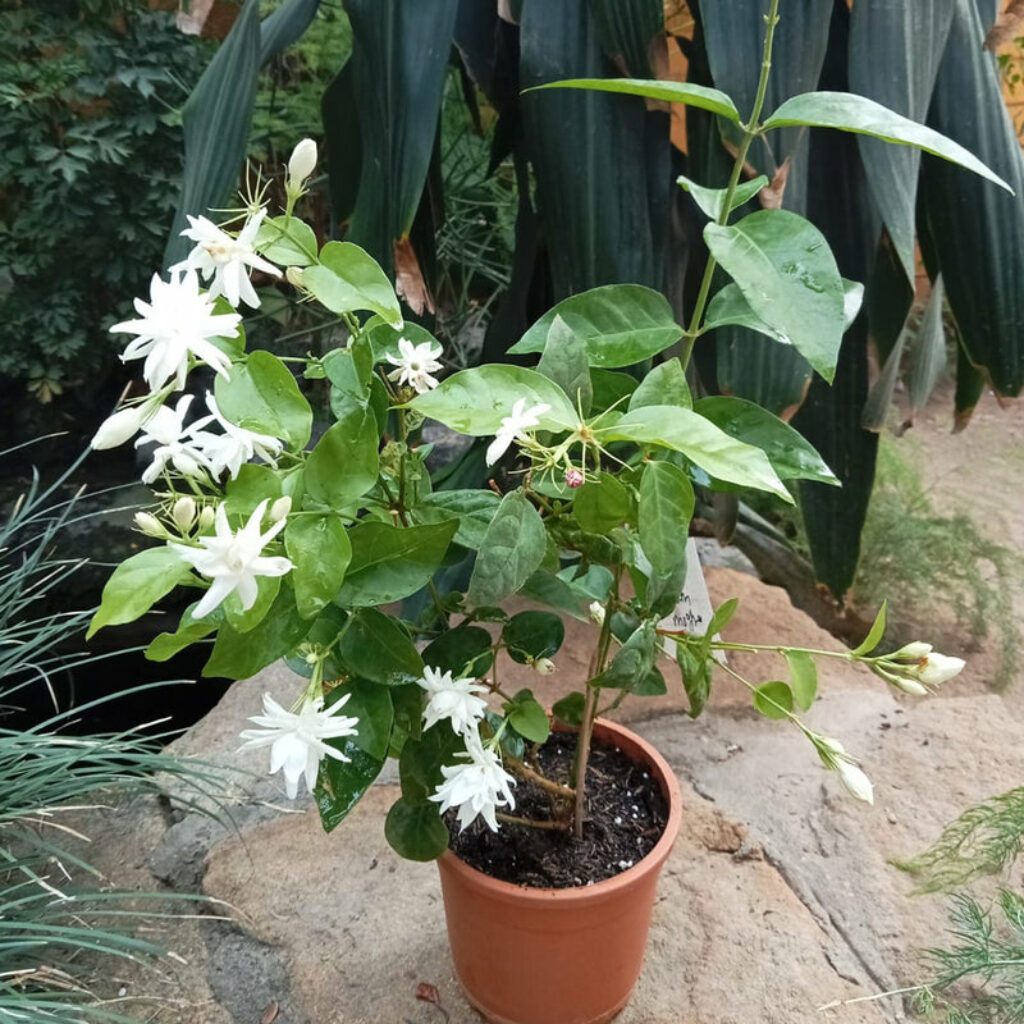
Jasmine, known for its beautiful and fragrant flowers, is a popular plant in many cultures and traditions. In Vastu Shastra, Jasmine is believed to bring positive energy, happiness, and love to the living environment. The sweet fragrance of Jasmine is believed to have a calming and soothing effect, which can contribute to a positive atmosphere and emotional well-being.
Neem:
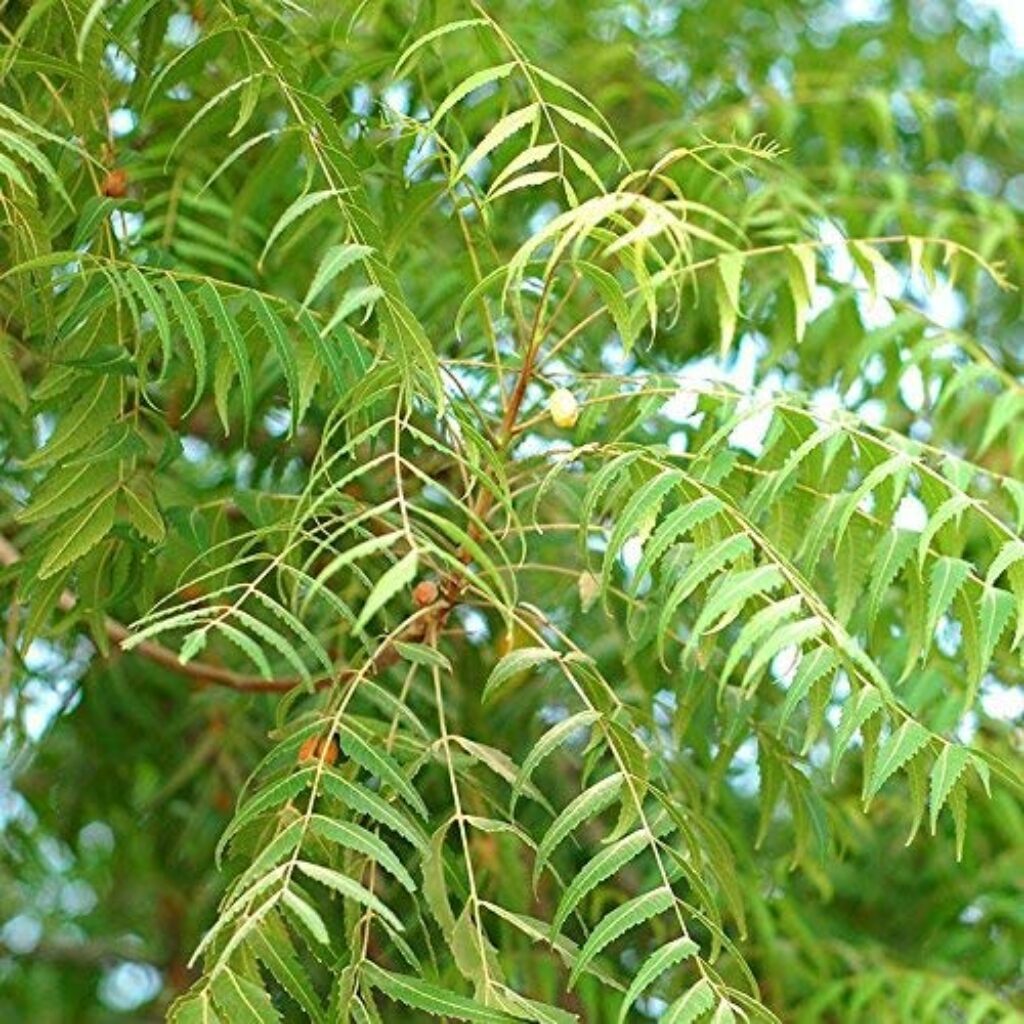
Neem, scientifically known as Azadirachta indica, is a tree with a wide range of medicinal properties and cultural significance in many parts of the world, including India. While Neem is not commonly considered a Vastu plant in the traditional sense, its various benefits and positive attributes make it a valued plant in many aspects.
Conclusion:
Incorporating Vaastu plants into your home is not just about aesthetics; it’s about creating a harmonious and positive living environment. These 10 plants offer a blend of beauty and benefits that align with the principles of Vaastu Shastra. By welcoming them into your home, you can enhance your well-being and create a more balanced and positive atmosphere for yourself and your family.
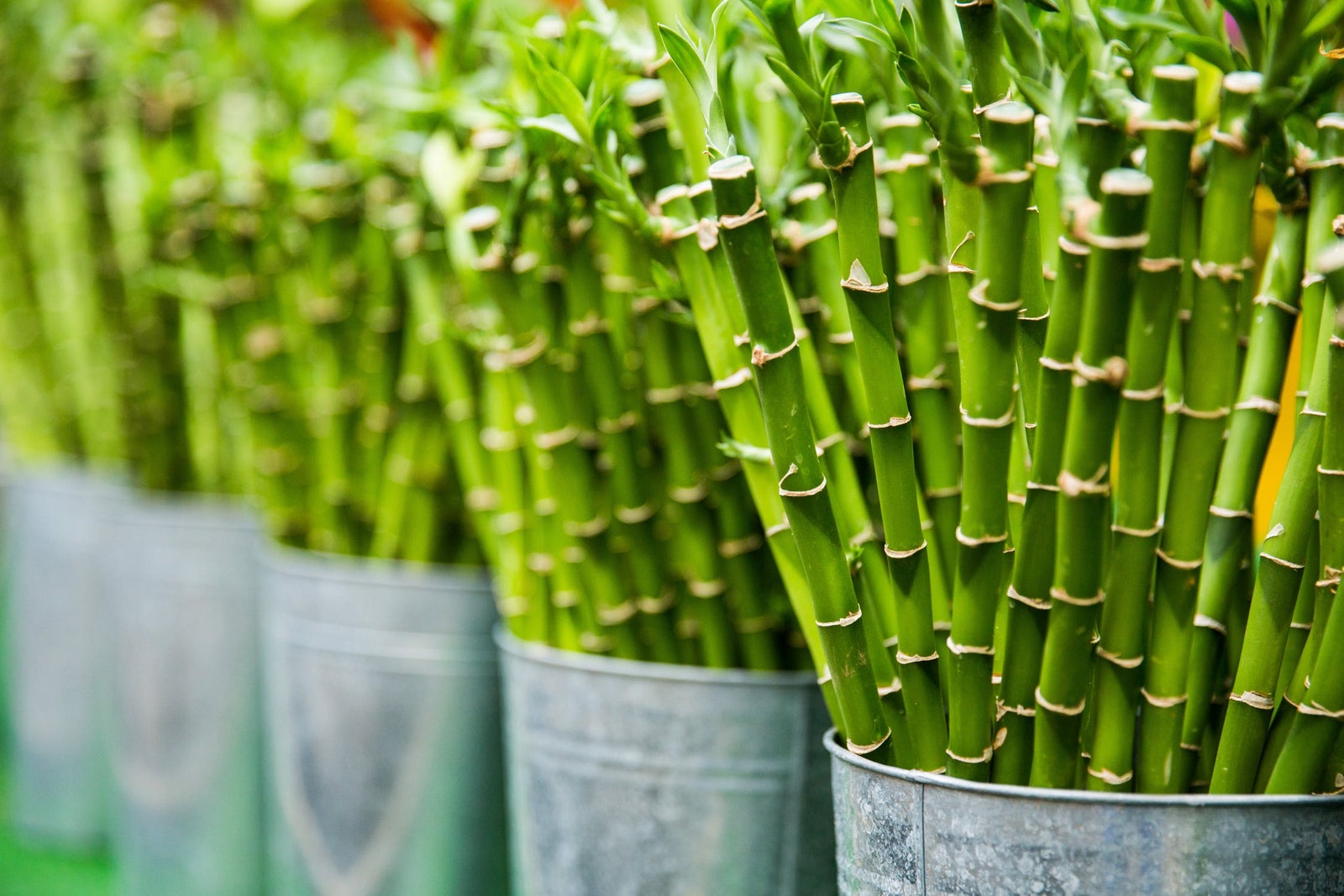
Leave a Reply